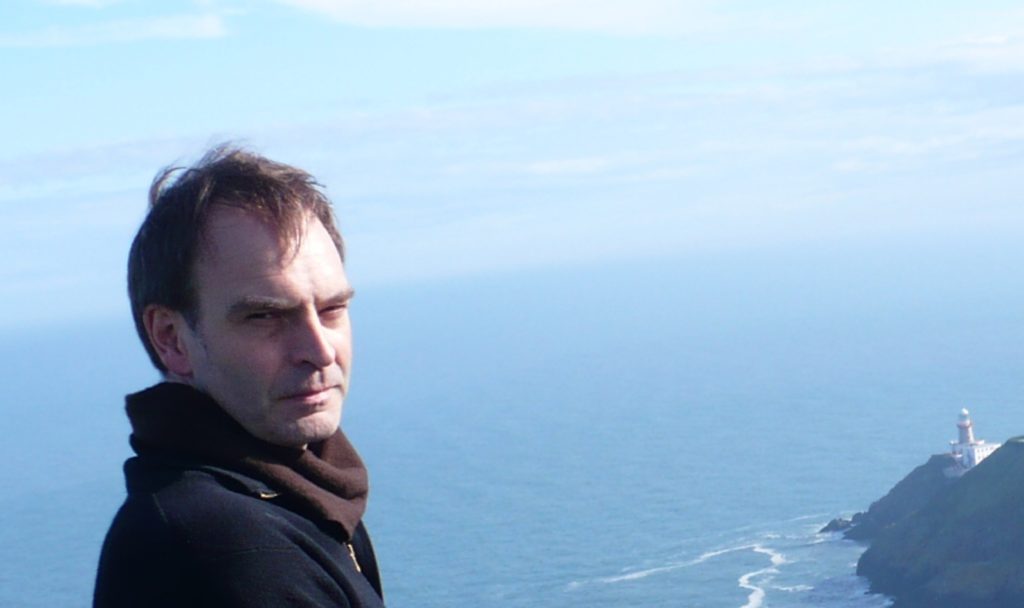Wednesday, October 23, 2024
16.00–17.30 (EEST) Opening Keynotes
Eric KLUITENBERG. ReGenerate. Designing the Grand Zoöperation
In 2022 a new ‘institutional design’ was proposed for how human and nonhuman life can work together in a structured process. In April of that year Nieuwe Instituut, the museum for architecture, design and digital culture became the world’s first Zoöp. As formulated by researcher and curator Klaas Kuitenbrouwer the Zoöp is an organisation model for cooperation between human and nonhuman life that safeguards the interests of all zoë (Greek for ‘life’). The Zoöp model makes the interests of nonhuman life part of organisational decision making.
So far five Zoöps exist and independent support structures have been set up to propagate the model further, with several new organisations lining up to also become Zoöps. While the model originates from the creative disciplines (art & design) it leaves the question open exactly how ‘we’ as creative makers, artists, designers, architects, theorists, curators, can and should engage with the design of this great cooperation of all forms of life?
Central within the thinking about this ‘grand zoöperation’ is the idea of new forms of ecological regenerative practices and a nascent regenerative culture – a way of operating in all domains that not only does ‘less harm’, but that directly contributes to improving the ecological conditions and the ecological integrity of a particular site or process: From Net-Zero to Net-Positive.
To create a forum and testing ground for the new creative practices that engage with this nascent regenerative culture we have launched a proposal for a new festival for ecological art & design and regenerative culture, focused specifically on the Green Heart region – a green mostly rural core surrounded by the urban agglomerations of the ‘Randstad’ (Amsterdam, Utrecht, Rotterdam, The Hague, Leiden).
The festival will be conceived from the start as a Zoöp. It is already growing its fine-meshed linkages with the local makers, civic initiatives, agricultural and ecological initiatives and organisations, and a manifold of other-than-human actors in the region. The aim is simple: To find out how regenerative creative processes can be put into practice.

Eric Kluitenberg is a theorist, writer, curator, and educator working at the intersection of art, culture, ecology, and technology:
My professional background was since my student years heavily geared towards the relationship of the creative disciplines with the then emerging digital electronic media (1987-1994) and the subsequent opening up of the internet to the general audience (1994-now).
Since 2010 my interest has shifted more towards engaging with the growing urgency of the degrading ecological conditions that affect many forms of life on this planet, including human life. In the 2010 festival ElectroSmog we investigated the crisis of hyper-mobility in a festival where no one was allowed to travel. Yet, what is then the ecological footprint of the (net based) connections between our local sites, spread in this case over 20 time zones? And how do technology and ecology interrelate as inescapable spheres of life? This was the question in the TechnoEcologies project with RIXC in Riga in 2011/12.
More recently I have become involved in the design and creation of new ways of co-operation between all life forms, human and non-human, in a ‘human-inclusive ecology’, among others through the new organisational model of Zoöps (co-operations of all zoë) developed by researcher and curator Klaas Kuitenbrouwer. This resulted in the Zoöp DataFusion Art/Science research project with Nieuwe Instituut (Rotterdam, 2022), where the Zoöp model originated from. Currently I am developing a new festival for ecological art & design and regenerative cultures focussed specifically on the mostly rural Green Heart region in The Netherlands.